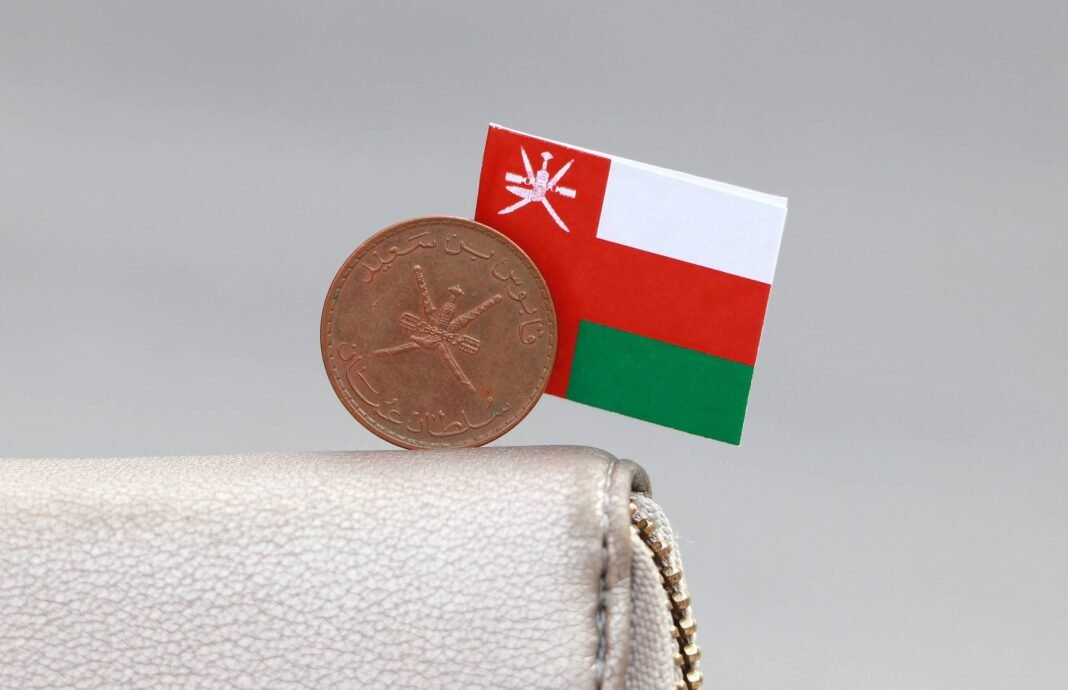Oman has taken a historic step by introducing Oman’s personal income tax. Starting in 2028, the country will enforce this income tax reform as part of a broader fiscal shift. Notably, this makes Oman the first Gulf nation to adopt such a tax.
The new tax applies to individuals earning over 42,000 Omani rials annually, or about $109,091. The rate will be 5 percent. However, only about 1 percent of the population will fall under this tax.
This decision stems from Oman’s medium-term fiscal strategy launched in 2020. The plan focuses on reducing national debt and building new revenue channels. As a result, Oman’s personal income tax plays a central role in supporting long-term sustainability.
Moreover, the income tax reform excludes wealth such as land or property ownership. It targets annual income, including both cash earnings and in-kind benefits. Importantly, several social exemptions and deductions will apply.
For instance, the law accounts for expenses related to education, healthcare, primary housing, zakat, and charitable donations. Therefore, citizens facing financial responsibilities will receive tax relief under Oman’s personal income tax framework.
In addition, Oman has created a digital tax system to ensure transparency and accuracy. This platform connects with other government institutions. Consequently, it will verify reported income and track compliance efficiently.
Authorities believe this tax reform enhances social justice across the country. By taxing only high earners, the system aims to redistribute wealth more fairly. Furthermore, revenues from the new tax will directly support Oman’s expanding social protection programs.
The reform also aligns with Oman Vision 2040. This vision seeks to reduce oil dependency while increasing non-oil GDP. By 2030, Oman aims to derive 15 percent of GDP from non-oil sectors, and 18 percent by 2040.
While the idea of income tax in the Gulf is new, Oman prepared thoroughly. Officials studied economic data and conducted social impact assessments. Based on these findings, they set an exemption threshold that protects 99 percent of citizens.
Despite concerns over added tax burdens, officials stress that fairness and equity guided the law’s design. Therefore, only the highest earners will contribute under Oman’s personal income tax.
In conclusion, Oman’s personal income tax represents a bold move toward fiscal reform. Through targeted taxation, strategic planning, and digital enforcement, Oman strengthens its economy and supports its most vulnerable communities.





